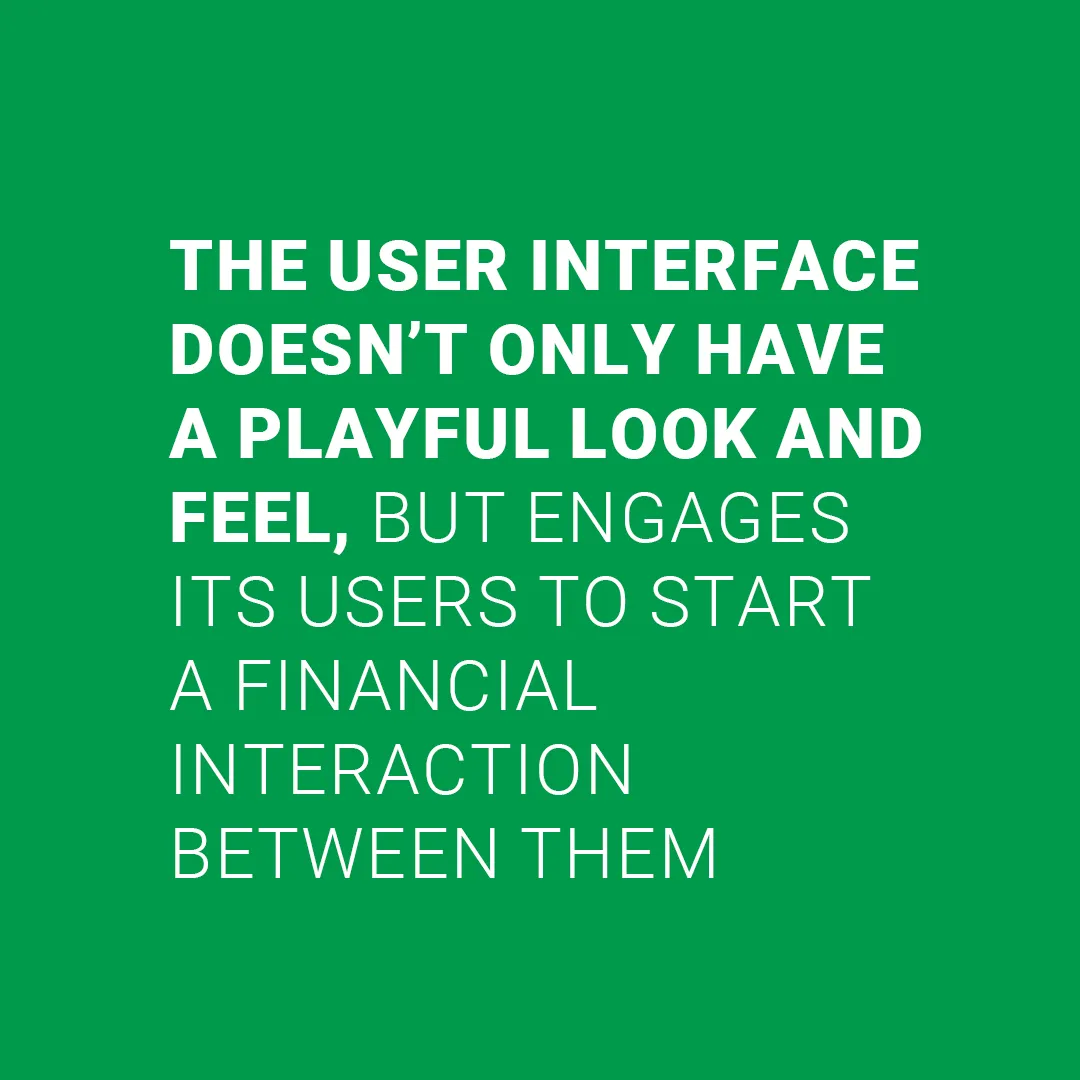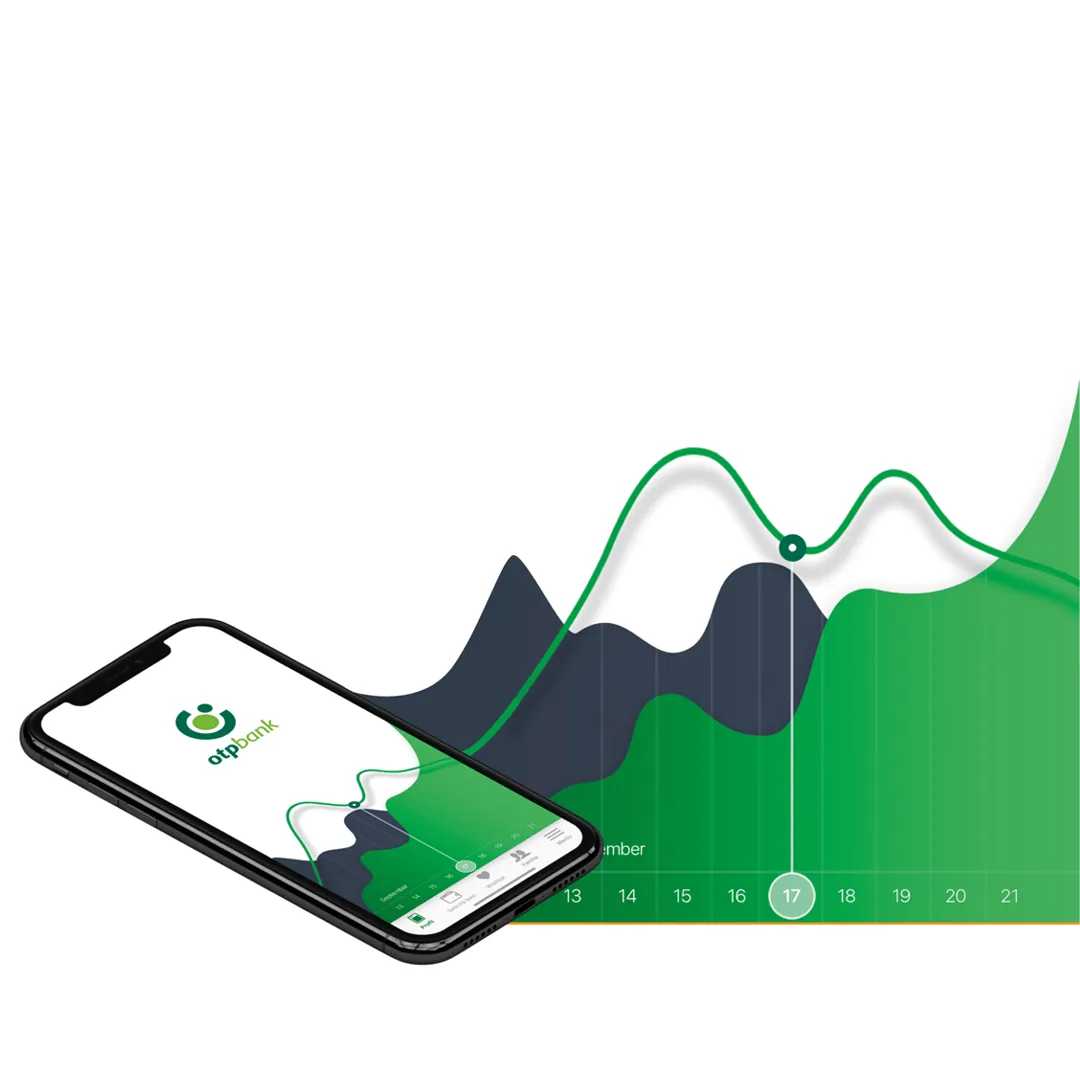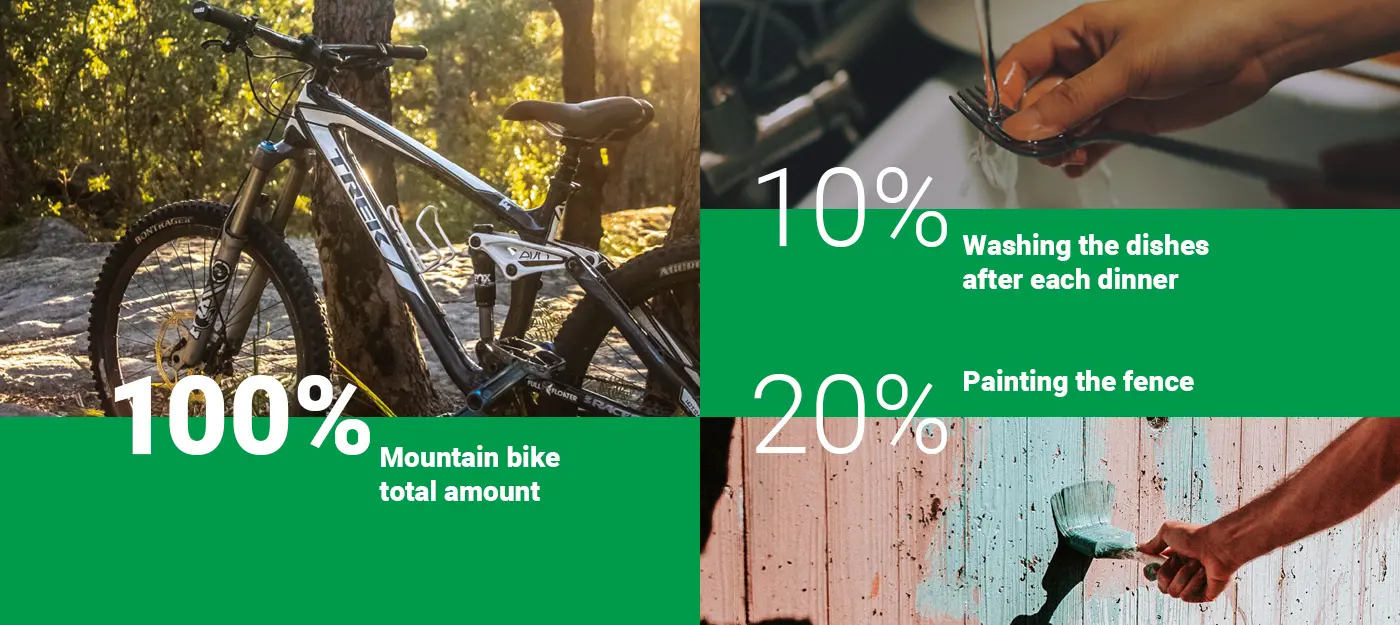OTP Bank
Financial Education Through Digital Disruption
Brand

service line
Strategic consultancy for digital transformation
Technical consultancy for product development
Business consultancy for mapping and documenting business requirements
Concept Design
UI Design
Interaction Design
The Case
It started with the recognition of the fact that ordinary families need external support in teaching their kids financial responsibility. Combining this idea with the intention of widening the customer base led to our collaboration with OTP Bank.
The Solution
Nothing is for free - a merit-based family application that motivates teenagers to work consciously toward a preset goal. We had created an innovative digital concept with complex user flows and distinctive visuals; a tool aiming to prepare teens for economic readiness.
Keeping up rather than catching up
OTP Bank is part of one of the most robust Central-East European financial enterprises, OTP Group. Founded in 1949, it has a considerable history that gave the company a competitive advantage thanks to the experience and expertise it built up through the years.
Lately, the company has opened multiple doors towards digital transformation with the scope of being aligned with the trends that are shaping the financial sector. As more and more fintech startups passed their scale-up phase and now are becoming serious competitors against traditional banks, OTP Bank’s leaderboard knew there was no time to waste.
Shaping how people use banking services within families
The challenge and the opportunity we identified were going hand in hand. On the one hand, we noticed that financial education and the habit of saving money are not widely practised within families in the CEE region. On the other hand, there is definitely a need to prepare the upcoming generations to have appropriate economic discipline. As these two points met, we shaped a bridge from an obstacle that will assist transactions within families in a disruptive way. This is how the concept of the OTP Family app was born.
Engaging visuals and smart incentives
As our target audience was not familiar with making transactions between family members, we aimed to create something truly appealing for the youngsters. This way, we ensured that the onboarding process would be initialized by a younger family member, who often uses digital technology more easily than his/her parents or grandparents.
The user interface doesn’t only have a playful look and feel but engages its users to start a financial interaction between them.


The young can define real life goals they would like to achieve, eg. buying a new mountain bike, while their elder siblings can set the conditions of fulfillment, eg. washing the dishes after each dinner grants 10% of the total sum, while painting the fence will boost the savings with another 20% from the total amount.
